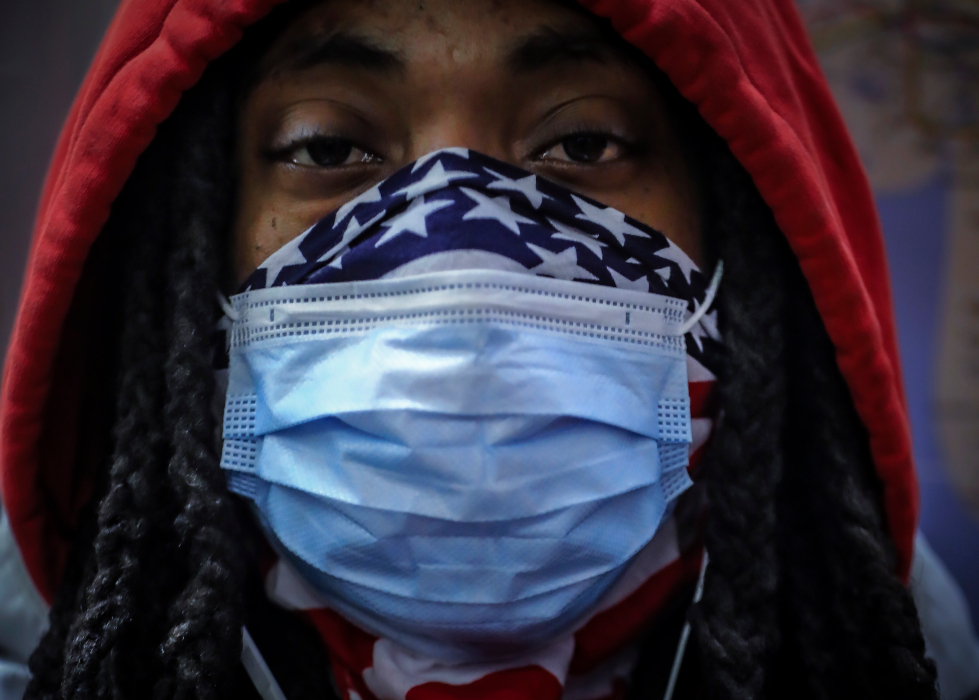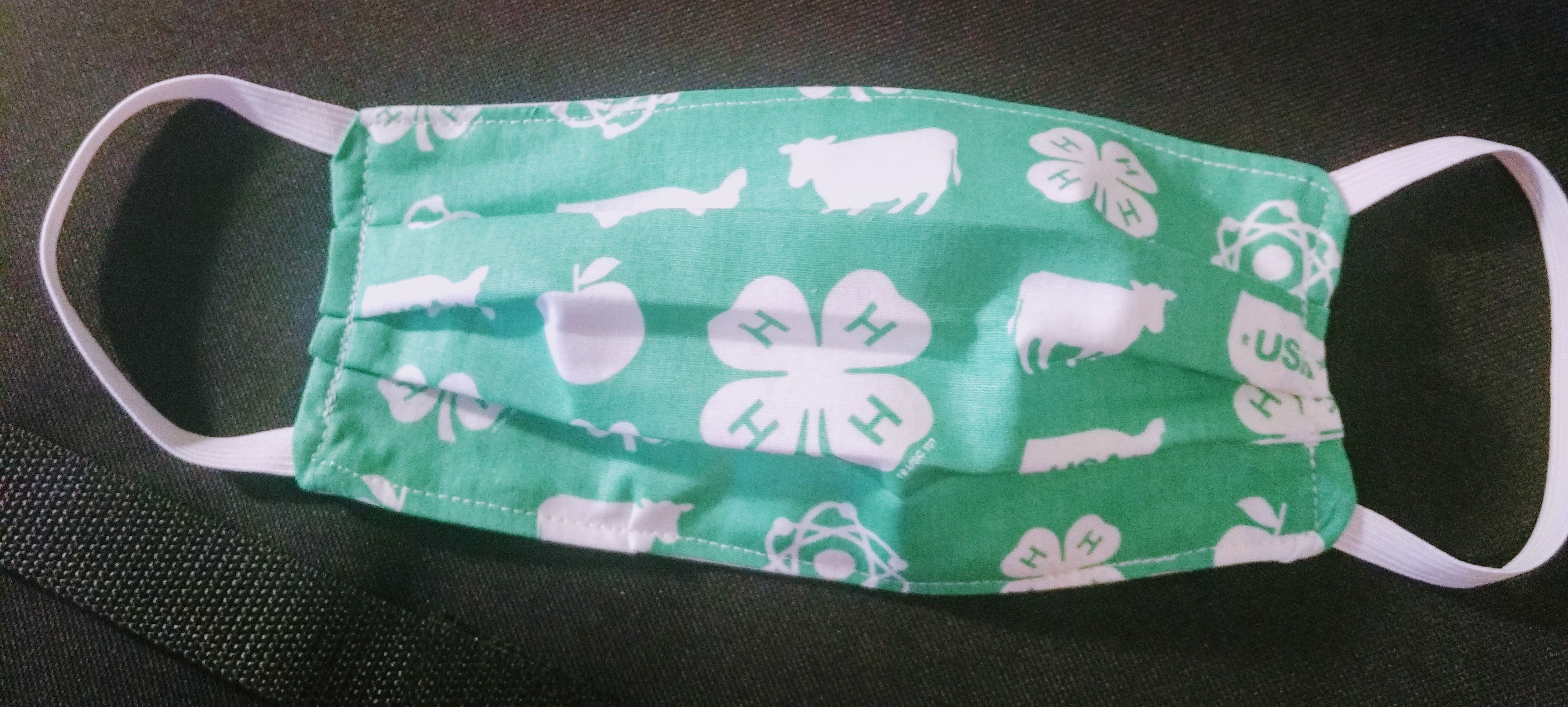The Nassau County Mask Mandate: Nassau County Ban Masks

The Nassau County mask mandate was a public health measure implemented to mitigate the spread of COVID-19. It required individuals to wear face coverings in certain public settings.
Implementation and Lifting of the Mandate
The Nassau County mask mandate was implemented on April 17, 2020, in response to the growing COVID-19 pandemic. The mandate was initially put in place to encourage the use of face masks in public spaces to reduce the transmission of the virus. It was lifted on February 10, 2022, following a significant decline in COVID-19 cases and hospitalizations in the county.
Reasoning Behind the Mandate, Nassau county ban masks
The primary reason for implementing the Nassau County mask mandate was to protect public health and prevent the spread of COVID-19. The Centers for Disease Control and Prevention (CDC) had recommended the use of face masks in public settings to help reduce the transmission of respiratory droplets that can carry the virus.
Rules and Regulations of the Mandate
The Nassau County mask mandate required individuals to wear face coverings over their nose and mouth in public indoor settings, including:
- Retail stores
- Restaurants (except while eating or drinking)
- Public transportation
- Government buildings
- Places of worship
- Libraries
- Schools
- Entertainment venues
The mandate also included exemptions for individuals with certain medical conditions, young children, and those who were unable to wear a mask due to a disability.
Public Opinion and Reactions

The Nassau County mask mandate, like many public health measures, sparked a range of reactions from the community, reflecting a diverse spectrum of opinions and perspectives. Understanding these responses is crucial for gauging the effectiveness of such policies and identifying areas for improvement.
Arguments for and Against the Mandate
The debate surrounding the mask mandate highlighted the complex interplay between individual rights, public health, and societal responsibility. Those in favor of the mandate often cited its potential to mitigate the spread of COVID-19 and protect vulnerable populations. They emphasized the scientific consensus on the efficacy of masks in reducing virus transmission, particularly in indoor settings.
“Masks are a simple, effective way to reduce the spread of COVID-19. They are an important tool in our fight against this pandemic.” – Dr. [Name], Public Health Expert
Conversely, opponents of the mandate raised concerns about personal liberty and the perceived infringement on individual autonomy. Some argued that the mandate was an overreach of government authority and that individuals should have the freedom to make their own health decisions. Others expressed skepticism about the effectiveness of masks, citing conflicting scientific studies or questioning the long-term health implications of mask use.
“The mask mandate is an infringement on our individual rights. We should have the freedom to choose what we do with our own bodies.” – [Name], Advocate for Individual Liberty
Community Events and Discussions
The mask mandate ignited public discourse in Nassau County, leading to community events, public forums, and online discussions. Protests were organized by individuals opposed to the mandate, while rallies were held in support of the policy.
A public forum held at the Nassau County Library featured presentations from public health officials, medical professionals, and community leaders, providing a platform for diverse perspectives on the mask mandate.
Local news outlets reported on the debate, publishing articles and hosting talk shows that explored the arguments for and against the mandate. Social media platforms became hubs for discussions, with users sharing their opinions, experiences, and concerns.
Social media platforms, such as Facebook and Twitter, witnessed a surge in discussions about the mask mandate, with users engaging in heated debates and sharing their personal experiences.
Legal and Political Considerations

The Nassau County mask mandate, like many similar public health measures, has faced legal challenges and sparked political debates. These considerations are crucial in understanding the complexities surrounding the mandate’s implementation and its impact on the community.
Legal Challenges
The legal challenges surrounding the mask mandate in Nassau County can be categorized into several key areas. These challenges often arise from concerns about individual liberties, the authority of local governments to impose such measures, and the potential for discrimination.
- Constitutional Rights: Some argue that the mandate infringes upon their constitutional right to bodily autonomy and freedom of choice. This argument centers on the idea that individuals should have the right to decide whether or not to wear a mask, even if it means potentially spreading the virus.
- Government Authority: The legal framework surrounding local governments’ authority to impose public health measures, particularly during emergencies, has been subject to scrutiny. Critics argue that the mandate exceeds the powers granted to local authorities and that it should be left to higher levels of government to implement such policies.
- Discrimination: Some have raised concerns about the potential for discrimination based on health conditions or disabilities. Individuals with certain medical conditions might be unable to wear masks, and the mandate could inadvertently create a barrier to accessing public spaces.
Political Considerations
The political landscape surrounding the mask mandate has been highly charged, with differing views and priorities shaping the debate.
- Political Polarization: The mask mandate has become a focal point of political polarization, with individuals aligning with opposing viewpoints on its necessity and effectiveness. This polarization has often led to heated discussions and protests, both in support of and against the mandate.
- Role of Local Leaders: Local leaders have played a pivotal role in implementing and enforcing the mask mandate. This has often involved navigating complex political pressures, balancing public health concerns with economic considerations, and managing public perception. The decisions made by local leaders have had a direct impact on the mandate’s acceptance and effectiveness.
- Economic Impact: The mask mandate has had a significant impact on local businesses and the economy. Some businesses have reported decreased customer traffic and revenue due to the mandate, while others have struggled to comply with the regulations. The economic consequences of the mandate have been a major concern for many local leaders and businesses.
Nassau county ban masks – Nassau County’s recent decision to ban mask mandates in schools has sparked heated debate, with some arguing that it prioritizes individual freedom over public health. While navigating these complex issues, it’s important to remember that even seemingly simple tasks, like assisting a tray over a chair and table safely , require careful consideration and attention to detail.
The same level of thoughtfulness should be applied to public health policies, ensuring that individual liberties are balanced with the safety and well-being of the community.
Nassau County’s decision to ban masks in public spaces raises questions about the balance between individual liberty and public health. While some applaud the move as a return to normalcy, others worry about the potential impact on vulnerable populations. This debate echoes the ongoing conversation surrounding the 2025 Social Security COLA increase , where the benefits of increased cost-of-living adjustments for seniors must be weighed against the potential strain on the program’s long-term sustainability.
Ultimately, the Nassau County mask ban highlights the complexities of navigating public health policy in a society with diverse perspectives and needs.
